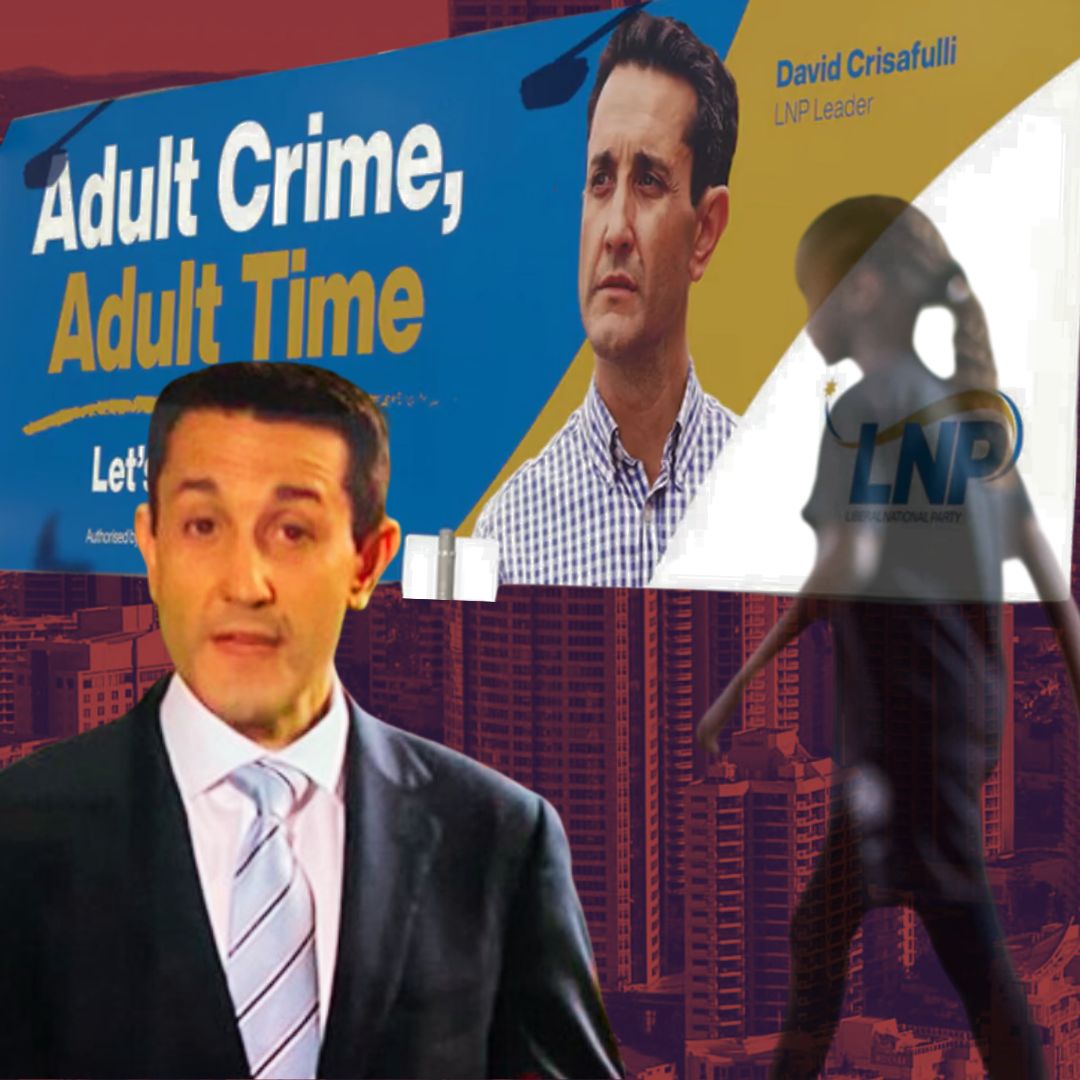Queensland’s Liberal National Party government has introduced the “Adult Crime, Adult Time” bill, mandating adult sentences for children as young as 10 convicted of serious crimes, including murder. Premier David Crisafulli asserts that the legislation will deter crime and reduce victims, but it faces significant backlash from human rights advocates and experts who argue it discriminates against children and fails to address root causes of youth crime. The bill is expected to be passed by Christmas, bypassing standard scrutiny processes.
What is the “Adult Crime, Adult Time” Bill?
The Queensland government has introduced the “Making Queensland Safer” bill, which includes the controversial “Adult Crime, Adult Time” policy. This legislation aims to impose adult penalties on young offenders for serious crimes such as murder, manslaughter, and robbery. Under this bill, children as young as 10 could face mandatory life sentences with a non-parole period of 20 years. Currently, the maximum penalty for young offenders convicted of murder is 10 years in jail or life imprisonment if deemed “particularly heinous.”
Who is Behind This Legislation?
The bill was tabled by Premier David Crisafulli on November 28, 2024, during the first full sitting day of the new parliament following recent elections. He claims that this legislation is a direct response to community concerns about youth crime and is intended to act as a deterrent. Attorney General Deb Frecklington has also been vocal in supporting these changes, arguing that they will hold young offenders accountable for their actions.
Where and When Was It Introduced?
The bill was introduced in Queensland, Australia, on November 28, 2024. The government aims to pass this legislation by Christmas 2024. It will go to a parliamentary committee for eight days before returning for a final vote in December.
Why Is This Bill Controversial?
The introduction of this bill has sparked significant outrage among human rights organisations and legal experts. Critics argue that it disproportionately affects Aboriginal and Torres Strait Islander children, who are already overrepresented in the criminal justice system. Queensland’s Human Rights Commissioner Scott McDougall has condemned the legislation as a sign that society has “lost its way,” stating that treating children like adults undermines their rights and fails to recognise their developmental status. Furthermore, the government has acknowledged that the bill will “directly discriminate” against children by treating them less favourably than adults in similar circumstances.
How Will This Legislation Impact Youth Justice?
If passed, this legislation will remove principles that currently prioritise rehabilitation over punishment for minors. Courts would no longer be required to consider detention as a last resort or favour community-based sentences. Attorney General Frecklington conceded that the bill may lead to more children being placed in state watchhouses, which are not suitable for long-term detention. Experts like Griffith University criminologist William Wood argue that punitive measures do not effectively deter crime among youth and may lead to higher rates of recidivism. Wood stated that “detention does not reduce crime; it often exacerbates it by making children tougher.”
What Are the Expected Outcomes?
The government claims that this legislation will reduce victimisation and deter youth crime. However, experts warn that harsher sentencing measures will not achieve these goals and may instead perpetuate cycles of trauma and disadvantage among vulnerable communities. Queensland already has one of the highest rates of youth incarceration in Australia, with over 90% of released young offenders re-offending.
Legislative Process Timeline
The bill is expected to be debated in parliament soon and will go to a parliamentary committee for eight days before returning for a final vote in December. Some proposed changes would require overriding aspects of Queensland’s Human Rights Act, which could complicate legal discussions surrounding the bill.
The Logical Indian’s Perspective
The Logical Indian firmly believes that treating children with adult penalties undermines the principles of justice and rehabilitation. This approach not only fails to address the underlying issues contributing to youth crime but also perpetuates cycles of trauma and disadvantage among vulnerable communities. As we witness this troubling trend in Queensland, we must ask ourselves: How can we advocate for policies that prioritise rehabilitation and support for our youth rather than punitive measures that could lead to further harm? Your thoughts and comments are welcome as we engage in this critical dialogue for positive social change.











